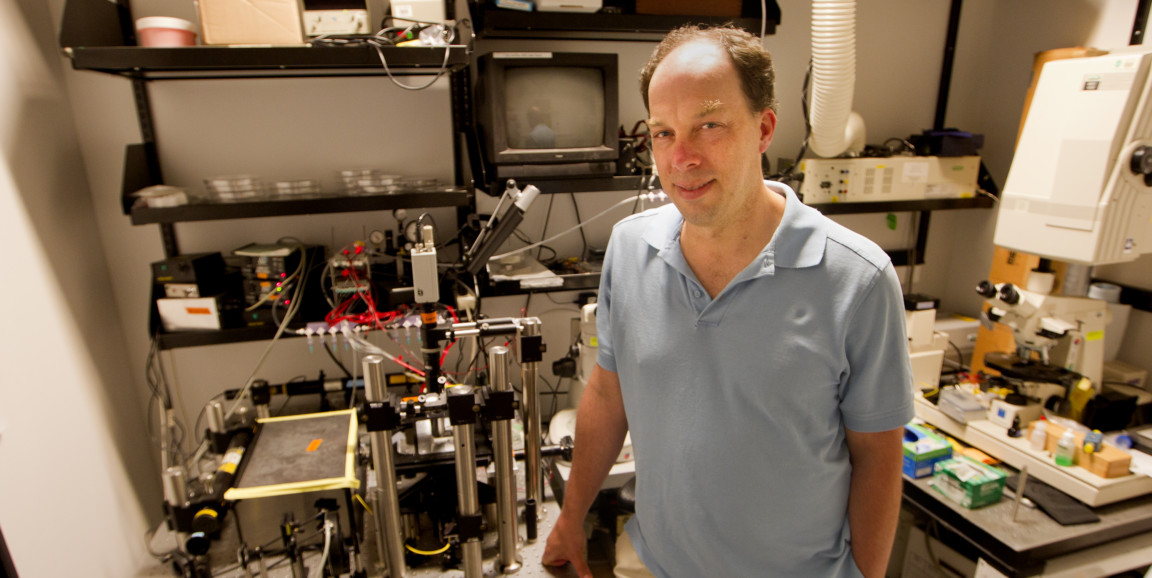A Stanford-led research team has developed a simple blood test for pregnant women that shows, with 75-80 percent accuracy, which pregnancies will end in premature birth.
The test, described in a paper publishing online today in Science, is a big step forward for babies. Right now, prematurity affects 9 percent of U.S. births, and preterm birth and its complications are the leading cause of death in children under age 5 worldwide.
In the past, doctors have lacked a way to predict which pregnancies will end more than three weeks before the mother's due date. They have also struggled to understand why so many pregnancies ended early.
The new test tracks what's happening in pregnancy via genetic clues in the mother's blood. "Our philosophy was to sequence everything in the blood and to try to find signals from mother, the fetus or placenta indicating that something is going wrong and the baby is going to come," the paper's co-senior author, Stephen Quake, PhD, told me.
He describes the work in the video below, which also features team members Mira Moufarrej, a Stanford graduate student in bioengineering, and Joan Camunas, PhD, a postdoctoral fellow in bioengineering.
Our press release explains how the test works, with details from Mads Melbye, MD, who shares senior authorship of the paper with Quake:
The tests measure the activity of maternal, placental and fetal genes by assessing maternal blood levels of cell-free RNA, tiny bits of the messenger molecule that carry the body's genetic instructions to its protein-making factories. The team used blood samples collected during pregnancy to identify which genes gave reliable signals about gestational age and prematurity risk.
'We found that a handful of genes are very highly predictive of which women are at risk for preterm delivery,' said Melbye... 'I've spent a lot of time over the years working to understand preterm delivery. This is the first real, significant scientific progress on this problem in a long time.'
The test also can be used to determine a woman's due date. It works as reliably as ultrasound, the current standard, and is better suited to low-resource settings, making it potentially useful for boosting global maternal health, the researchers said. The genes that give information about a woman's due date are different from those that predict prematurity, the scientists noted.
Next, they're planning to validate the test in larger groups of women. They're also keen to explore whether the genes signaling prematurity hold clues about the triggers for early arrivals, and they hope to discover targets for drugs that could delay premature birth.
Photo of Stephen Quake by Norbert von der Groeben




